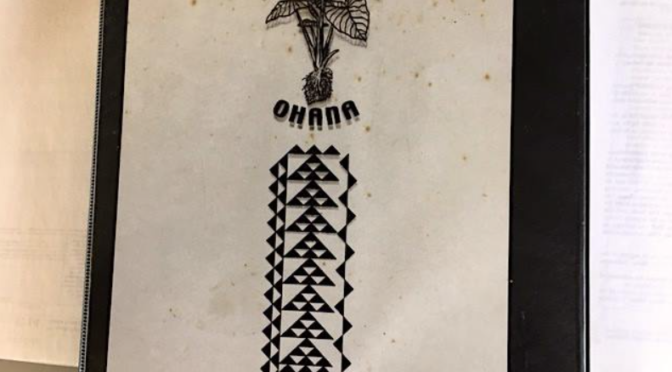Let me tell you something really interesting I learned from my Uncle Sonny Kamahele. He had 20 acres in Maku‘u, in Puna on the Big Island. There was a rare kipuka there with soil that was 10 feet deep, no rocks or anything. There was a spring in one corner of his property.
I was just out of college with an accounting degree and lots of ideas about business. So I looked at his land and wondered if he would lease me 10 acres to grow bananas. I scratched my chin and thought about how I could grow 35,000 pounds per acre on those 10 acres. Maybe 300,000 pounds a year if I took into account turn around space.
And yet on the other 10 acres, Uncle Sonny was making his living with just 10 or 20 hills of watermelons, with maybe four plants on each hill. People would come from miles around to buy his watermelons. It provided him with enough income to support himself and to send money to his wife and son in the Philippines.
Here’s the lesson I learned from him: It’s not about how big your farm is. Your business is successful if it supports your situation. I learned a lot from Uncle Sonny, but I think that’s the most important thing I learned from him.
That’s what I always look at when I visit a farm. Not how big it is, or how much money it makes, but how it operates, and whether it solves the problem it is trying to solve.
Here’s why I’m telling you this right now. We have a real energy problem looming. I think the situation with oil is very serious, and there are definitely going to be winners and losers in the world. We need to position ourselves to be winners, and it’s going to take all of us, big and small.
How are we going to feed Hawai‘i?
Every one of us is going to play a role in it – from the largest farmers to the small folks growing food in their backyard. Do you remember in the plantation camps, especially the Filipino camps, how the yards were always planted with food? Beans, eggplants, the whole thing. I don’t see it so much anymore, but we can do it again.
We are lucky on the Big Island. We’re not crowded and everybody has room to grow food. You know how you can tell we have plenty space? Everybody’s yard is too big to mow! We have the ability to do this.
It’s going to take all of us. It’s not just about any one of us, it’s about all of us, from the biggest to the smallest.
I’m lucky to have had my Uncle Sonny Kamahele to learn from when I was younger. I spent a lot of time with him and I got a real feeling for how he made decisions, which was old style.
Uncle Sonny Kamahele and lifestyle
His lifestyle was a real connection to the past, too. He kept his lawn and the whole area immaculate, practically manicured. He lived pretty close to the old ways with a lot of remnants from the past. His red and green house had stones from down the beach under the pillars, and lumber over the dirt floors. He built beds on those floors and then had five or six lauhala mats on the beds instead of mattresses; old style. There was a redwood water tank.
He listened to the County extension folks, and I learned from that, too – to pay attention to the people who know something.
But one of the most important things I learned was that your business, big or small, is a success if it supports your particular situation.
Maku‘u Stories, Part 1: My Kamahele Family in Maku’u
Maku‘u Stories, Part 2: Frank Kamahele
Maku‘u Stories, Part 3: Uncle Sonny Kamahele
Maku’u Stories, Part 4: Tutu Meleana & the Puhi

